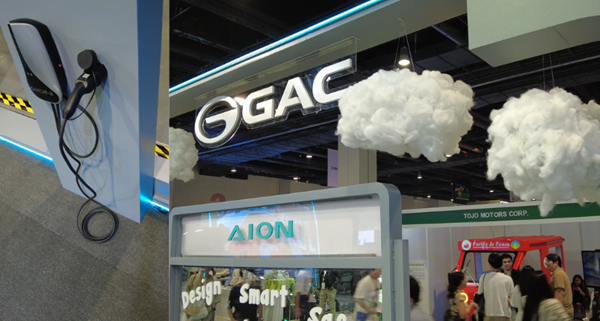The Electric Vehicle Association of the Philippines (EVAP) expects a surge in electric vehicle (EV) registrations in 2025, forecasting a record 35,000 units as Filipinos continue to embrace cleaner, smarter, and more sustainable mobility solutions.
Citing data from the Land Transportation Office (LTO), EVAP said registered EVs reached 29,715 units from January to July 2025 — 28,353 new registrations and 1,362 renewals.
This already surpasses the full-year 2024 total of 24,000 units, representing a five percent share of total new vehicle registrations nationwide.
“Each year, we break our own records,” said EVAP President Edmund Araga during the opening of the 13th Philippine Electric Vehicle Summit (PEVS) at the SMX Convention Center in Pasay City. “Our goal of 2.5 million EVs on the road by 2040 is achievable, especially with strong consumer interest and supportive government policies.”

Government incentives fuel EV growth
Araga noted that the government’s EV incentives continue to attract more Filipino motorists to make the switch. Electric vehicles currently enjoy zero import tariffs, priority registration at the LTO, and exemption from the number coding scheme. Owners also benefit from free use of EV charging stations in select malls and commercial establishments.
“The bold target is to make EVs account for at least 50 percent of all vehicles by 2040,” Araga added. “The incentives, combined with improving infrastructure, are helping us accelerate adoption nationwide.”

Technology drives consumer interest
Araga also attributed the sustained growth in sales to advancements in EV technology. Citing a McKinsey China Auto Consumer Study, he noted that technology is the top factor influencing purchase intent, boosting interest by 10.8 percent—well above the 3.6 percent impact of price discounts.
“The study highlights how features such as driving range, charging speed, and interior experience shape consumers’ choices,” he said.
In the Philippines, however, affordability remains the most important factor, according to a March 2024 study by Mapúa University titled Marketing Strategy and Preference Analysis of Electric Cars in a Developing Country: A Perspective from the Philippines. The research identified battery type, charging methods, and technological literacy as key areas that influence consumer adoption and should be improved to sustain EV growth.

Clearer classification for EVs
EVAP also praised the Department of Energy (DOE) for releasing official classifications of EVs, which now include battery electric vehicles (BEVs), hybrid EVs (HEVs), light EVs (LEVs), plug-in hybrid EVs (PHEVs), range extender EVs (REEVs), and fuel cell EVs (FCEVs).
The DOE said this initiative “builds a more organized and future-ready EV market” by harmonizing standards, reducing administrative burdens, and improving transparency.
Expanding charging infrastructure and local manufacturing
Araga emphasized that the growing number of EV charging stations (EVCS) and the rise of local component manufacturing further enhance the accessibility and affordability of EVs for Filipino consumers.
“These developments make EVs of all types more reachable to more Filipinos,” he said.
The Philippine Electric Vehicle Summit 2025, themed “Charge Ahead, Ignite the EVolution,” runs from October 23 to 25 at the SMX Convention Center in Pasay City. The annual event, organized by EVAP, features exhibits, seminars, and panel discussions with leading automotive manufacturers and industry experts.
Co-presenters include BYD Cars Philippines, Omoda & Jaecoo Motor Philippines Inc., United Asia Automotive Group Inc. (UAAGI), GAC Dangdang, and the Department of Energy. For details and free registration, visit pevsummit.com.
READ MORE MOBILITY NEWS.





